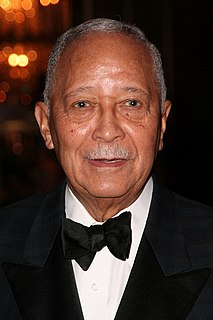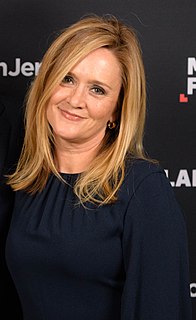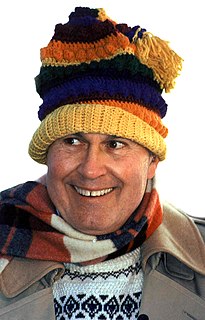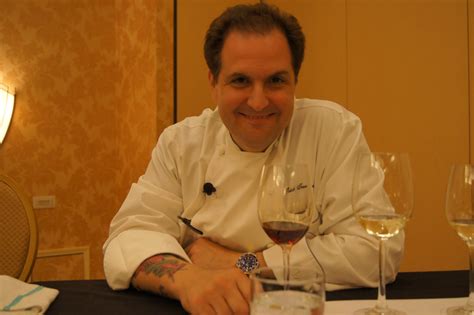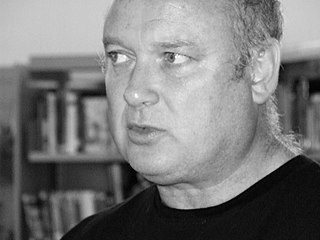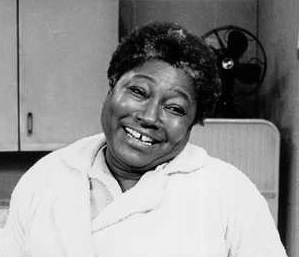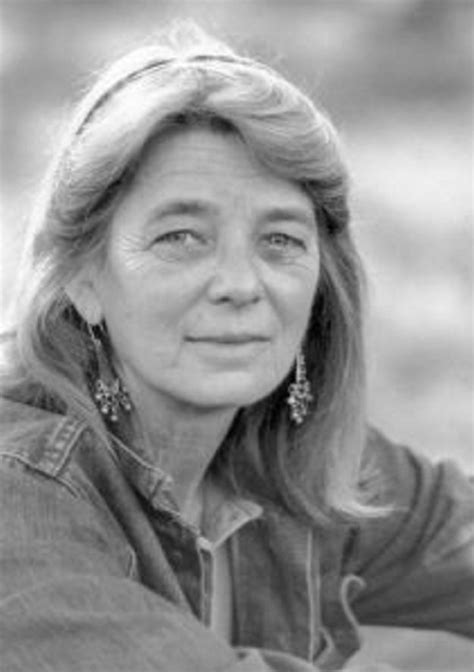A Quote by Kathryn Stockett
Demetrie came to wait on my grandmother in 1955 and stayed for 32 years. It was common, in Mississippi, to have a black domestic cleaning the kitchen, cooking the meals, looking after the white children.
Related Quotes
I'm pretty sure I can say that no one in my family ever asked Demetrie what it felt like to be black in Mississippi, working for our white family. It never occurred to us to ask. It was everyday life. It wasn't something people felt compelled to examine. I have wished, for many years, that I'd been old enough and thoughtful enough to ask Demetrie that question. She died when I was sixteen. I've spent years imagining what her answer would be. And that is why I wrote this book.
'Cooking Lucky' is a show for guys - or girls - or really for anyone who is all thumbs in the kitchen and needs some help cooking meals that are so incredibly impressive they make it look like you've been slaving in the kitchen all day when in reality, they are so effortless to put together that even a moron can do it.
In terms of cooking with friends, I realized early on that all great meals seem to start and end in the kitchen, and the more you can get people engaged and hands-on, the better the memories will be. So when people come into your kitchen while you're cooking and prepping and politely ask, "Do you need any help?" the key is to say yes.
So, to say Obama is progress is saying that he’s the first black person that is qualified to be president. That’s not black progress. That’s white progress. There’s been black people qualified to be president for hundreds of years. The question is, you know, my kids are smart, educated, beautiful, polite children. There have been smart, educated, beautiful, polite black children for hundreds of years. The advantage that my children have is that my children are encountering the nicest white people that America has ever produced. Let’s hope America keeps producing nicer white people.
It was common practice for me to take my children with me whenever I went shopping, out for a walk in a white neighborhood, or just felt like going about in a white world. The reason was simple enough: if a black man is alone or with other black men, he is a threat to whites. But if he is with children, then he is harmless, adorable.
Back when we was in school in Mississippi, we had Little Black Sambo. That's what you learned: Anytime something was not good, or anytime something was bad in some kinda way, it had to be called black. Like, you had Black Monday, Black Friday, black sheep... Of course, everything else, all the good stuff, is white. White Christmas and such.

